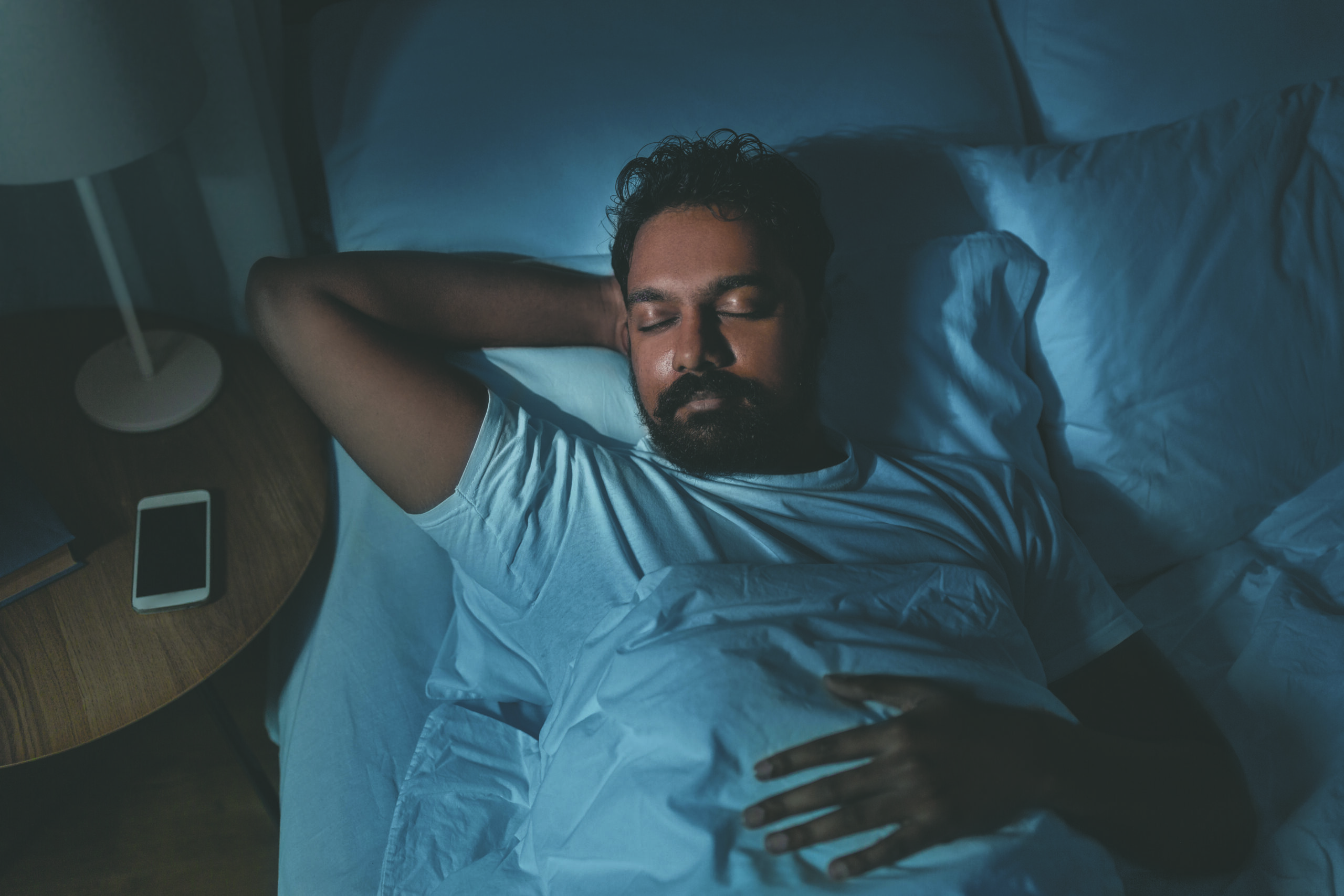By Dr. Melanie Brown Chiropractic Physician, Mountain Life Clinic
Caring for yourself doesn’t have to be complicated. Small, consistent habits can significantly impact how you feel every day. From reducing stress to easing muscle tension, simple self-care practices can help support your overall well-being.
One often overlooked aspect of self-care is quality sleep. Sleep affects everything from energy levels and digestion to inflammation and mental clarity. Yet many people struggle to get enough rest. Improving your sleep hygiene could make a massive difference if you often wake up groggy, deal with muscle stiffness, or feel like you’re running on empty.
Sleep Hygiene: A Key to Self-Care
Good sleep doesn’t just happen — it’s built through consistent habits. How you wind down, your sleep position, and even how you start your morning all affect how well your body recovers overnight.
When to Limit Screens
A good night’s sleep starts well before bedtime. Blue light from phones, TVs, and tablets suppresses melatonin production, the hormone that regulates sleep. Ideally, screens should be turned off at least an hour before bed. Instead, try reading, stretching, or relaxing in a dimly lit room.
If avoiding screens isn’t realistic, consider using blue-light-blocking glasses or switching devices to night mode to reduce the impact.
Finding a Comfortable Sleep Position
Your sleeping position can affect spinal alignment, muscle tension, and how well you rest. Here’s how different positions compare:
• Back sleeping supports spinal health and reduces pressure on joints. For proper alignment, a cervical support pillow helps maintain the natural curve of your neck. Placing a bolster under your knees can further support the lower back, easing tension and promoting comfort.
• Side sleeping is ideal for circulation and digestion, especially on the left side. Check your pillow height to ensure your neck is properly supported, as a pillow that is too high or too low can misalign your neck and lead to tension. The key is to keep your nose in line with your navel. A body pillow to hug can keep your upper body aligned and prevent your shoulders from collapsing. It will also help keep your hips in a more neutral position, reducing strain on the lower back. If you don’t have a body pillow, a rolled-up quilt works just as well.
• Stomach sleeping: I always tell my patients this — unless you can breathe through your ears or have a hole in your mattress, don’t do it! Stomach sleeping twists your neck and puts significant strain on your spine. But if it’s the only way you can rest, using a thin pillow or no pillow at all can reduce the strain on your neck. You might also try placing a pillow under your hips to relieve pressure on your lower back.
Building a Sleep-Healthy Routine
Good sleep hygiene involves both bedtime and morning habits. In the evening, dim the lights, drink herbal tea, and try gentle stretches to relax your body.
Consider starting your day with a glass of warm lemon water. Not only is it refreshing, but it also supports digestion and liver health. Many people find it a pleasant way to hydrate before enjoying their morning coffee. Plus, it sets a gentle, nourishing tone for the day.
Getting natural light within 30 minutes of waking can also regulate your body’s internal clock. Hydrating and moving your body, even with light stretching or a short walk, can further boost your energy and mood.
How Much Sleep Do You Need?
Sleep needs vary by age, and while some people may feel rested with fewer hours, most benefit from the following guidelines:
Adults (18-64 years): 7-9 hours
Teens (14-17 years): 8-10 hours
Children (6-13 years): 9-11 hours
Older adults
(65+ years): 7-8 hours
If you’re not getting enough rest, your body may tell you it’s time to adjust your routine. Paying attention to these signals and making small changes can lead to lasting improvements in your well-being.
Self-care is about creating simple habits that support your body and mind. Join our free Mountain Life Community Class to learn more about practical self-care techniques like dry skin brushing, self-jaw release for jaw pain, castor oil packs for detoxification, and sleep hygiene. We’ll cover all these topics on Thursday, April 24, from 5:15 to 6:15 PM at Mountain Life Clinic. Call 503-287-0010 to RSVP and bring a friend!



